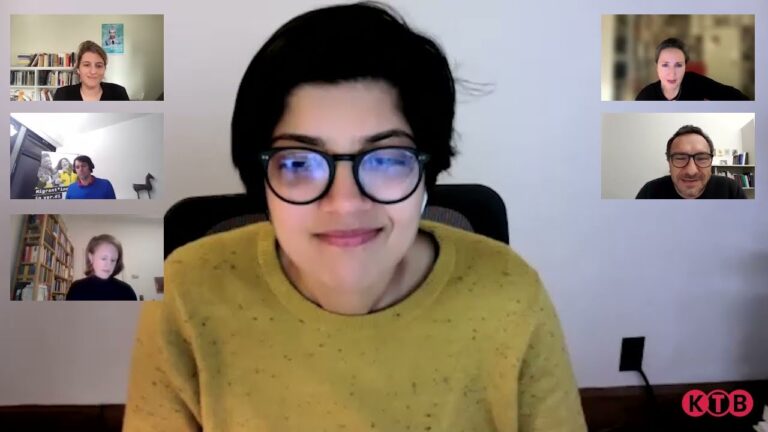How are differenct emancipatory struggles connected? Is there a central origin of the relations of exploitation or is their relation more complex? Amna Akbar, Silke van Dyk, Manon Garcia and Romin Khan discussed whether actual experiences indicate that social struggles have a common direction and what dynamics prevent such a convergence.
Topic
“In order to preserve or even expand the welfare state, migration must be stopped.” Claims like these accompanied the turn of former leftists to the racist and even völkisch far-right camp in the last decade. Underlying such considerations is a view of society in which the misery of some can only be eliminated, or even alleviated, by exacerbating the misery of others. The counter-thesis is that democratic co-determination—especially in the economic sphere—can only be expanded if co-determination means explicitly standing up for migration and against racism in an internationalist way. This thesis is based on an image of society in which forms of oppression, exploitation and domination are interconnected, so that the struggle against one of these forms must strive to overcome all forms of oppression, exploitation, and domination. Between both theses lies a third option: the search for a central origin of the relations of exploitation, oppression and domination in society. Only those who stab into the heart of the beast—so they claim—can prevent the heads of the Hydra from multiplying endlessly. The concern here is not only that emancipatory movements will become increasingly distracted by the struggle against myriad social injustices. The concern is also that emancipation is degenerating into a variant of radical liberalism, in which all forms of life have the same right to exist as long as they do not break out of the framework that neoliberal diversity management dictates. With our guests, we talked about the pros and cons for one or the other option considering practical social conflicts: What actual experiences indicate that social struggles have a common direction? And what dynamics prevent such a convergence?
Speakers
Silke van Dyk is professor for political sociology at the Friedrich-Schiller-Universität Jena. Her research focuses on the welfare state, demographics, social critique, and discourse analysis. Her recent book “Community Kapitalismus” explores the relation of unpaid labour and capitalism.
Romin Khan is senior advisor for antiracism and the politics of migration at the trade union “verdi”. He is a deputy chairman of the association “Mach’ meinen Kumpel nicht an!” (Don’t harass my college!) which fights against racism. Khan holds a degree in political science, sociology, and history.
Manon Garcia is an assistant professor for philosophy at Yale University. She works on moral and political feminist philosophy, critical theory, and the philosophy of the social sciences. Last year, she published “We Are Not Born Submissive. How Patriarchy Shapes Women’s Lives”.
Amna Akbar is an associate professor for law at The Ohio State University. She works on the relation between criminal law, the punitive state and policing. She is interested in the cooperation between researchers and social movements and teaches on the theory and practice of social change. Amna Akbar is a member of the board of the “Clinical Law Review”.
Video
Rewatch the event.
Highlights from the discussion.









